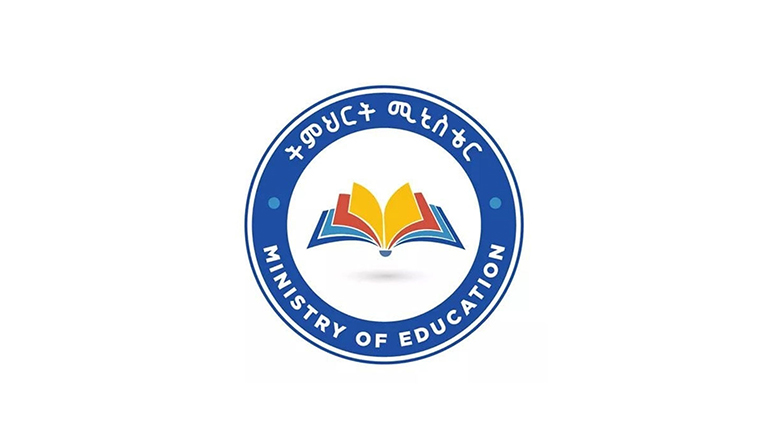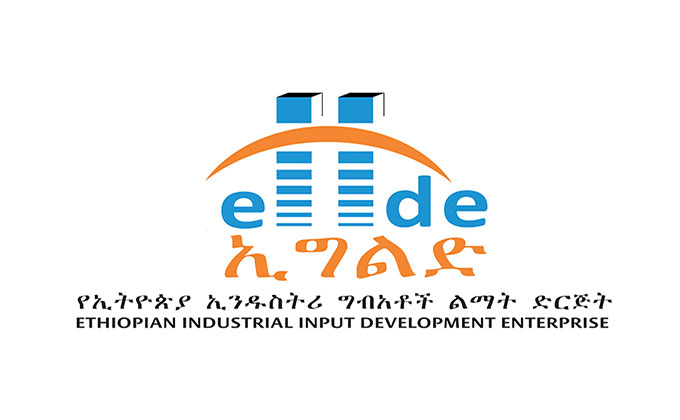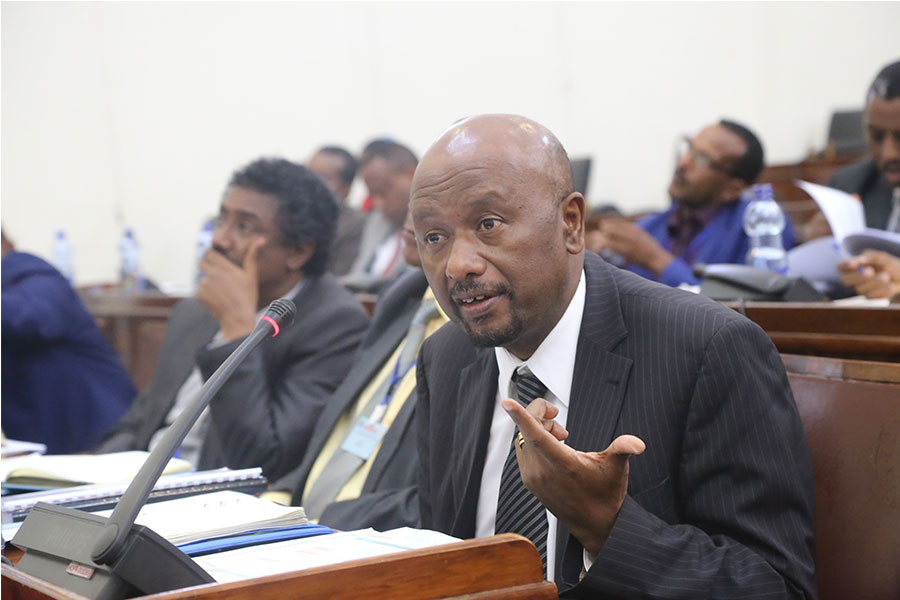
Radar | Apr 13,2019

The Ministry of Education has cancelled the contract it gave to five plants at industrial parks to supply 50 million face masks to be disbursed to schools after the plants supplied a little over half of the order. Regional education bureaus were informed about sourcing the face masks that were planned to be disbursed across 46,000 primary and secondary schools.
Worth one billion Birr, the masks were set to be distributed to 26 million students before the reopening of schools in October 2020.
The plants were initially awarded the supply contract, following a shutdown of schools enforced in March last year due to the Novel Coronavirus (COVID-19). The Ministry floated a tender a few months ago, with eight companies from Hawassa Industrial Park taking part in the process and four being selected.
These companies at the Park — Everest Apparel Ethiopia, Quadrant Apparel Group, Nasa Garment Plc and Silver Spark Apparel Ethiopia Plc, a subsidiary of Raymond Apparel — were chosen for the quality of the masks they produce and for being accredited, according to Taye Girma, representative of the School Improvement Directorate under the Ministry.
Of the total order, 40 million masks were awarded to the companies in Hawassa Industrial Park, while the remaining 10 million went to Antex Groups, a Chinese textile manufacturing company, in Adama Industrial Park.
The delivery period was two weeks for the initial contract, which was finalised at the beginning of October. However, considerations were made about their capacity, including difficulty in sourcing raw materials, as well as staffing problems at the parks. The delivery period was extended twice.
Hawassa Industrial Park's combined capacity did not surpass half a million masks a day at the time of the order. When awarded, the companies were told to focus on face mask production and put all other international orders and buyers on hold. Representatives from the Ministry of Education were then assigned to oversee the daily operations of the companies.
The selected companies have since divided up the work with the rest to speed up the production, according to sources in the Park.
The pressure to deliver within the short time provided, the displeasure of companies that did not want to default on their international orders, and the shortage of workers were among the biggest issues at the time, sources close to the case told Fortune.
Companies at Hawassa Industrial Park were not able to give a response after multiple attempts.
At the handover ceremony of five million masks from Hawassa Industrial Park in October, the Ministry had hoped to see the remaining face masks be produced in the subsequent weeks. The companies have delivered nearly 27 million masks, and the rest have been left to respective regional states to source them.
"There are some regions that have received all their quotas, while others haven't," said Taye. "But the schools have reopened after managing to get the masks from donors."
The regional education bureaus can source the masks through partnerships with development organisations and through community involvement, according to Taye.
Though the total cost of the masks and the contract were worth around one billion Birr, reallocating the budget will have to wait until this ordeal is dealt with, according to Taye. Companies may have grievances with the cancellation along with other relevant details that need to be finalised, according to him.
The option of importing the masks, on the other hand, is not economically feasible given the extreme shortage of forex in the country and the associated high costs of importing in such a short period, experts believe. A non-cost time extension, dependent on mutual agreement, is one way the contract can move forward, according to Matiwos Ensermu (PhD), associate professor at Addis Abeba University and an expert in supply chain management.
"This is where we have to examine the value for money," said Matiwos, who adds that beyond these factors, however, lies the question of due diligence. "The time frame of the bid didn't allow for a thorough investigation of the technical requirements that should have been fulfilled. The capacity of manufacturers in the country is also well-known."
Matiwos, however, questions whether or not enough companies had been involved in the bids and if all options had been exhausted before embarking on this project.
PUBLISHED ON
[ VOL
, NO
]

Radar | Apr 13,2019

Radar | Aug 29,2020

Fortune News | Nov 27,2022

Fortune News | Jul 13,2024

Fortune News | May 11,2019

Fortune News | Sep 16,2023

Radar | Mar 11,2024

Fortune News | Sep 08,2019

Fortune News | Jan 12,2019

Radar | Jan 18,2020

Dec 22 , 2024 . By TIZITA SHEWAFERAW
Charged with transforming colossal state-owned enterprises into modern and competitiv...

Aug 18 , 2024 . By AKSAH ITALO
Although predictable Yonas Zerihun's job in the ride-hailing service is not immune to...

Jul 28 , 2024 . By TIZITA SHEWAFERAW
Unhabitual, perhaps too many, Samuel Gebreyohannes, 38, used to occasionally enjoy a couple of beers at breakfast. However, he recently swit...

Jul 13 , 2024 . By AKSAH ITALO
Investors who rely on tractors, trucks, and field vehicles for commuting, transporting commodities, and f...

Nov 1 , 2025
The National Bank of Ethiopia (NBE) issued a statement two weeks ago that appeared to...

Oct 25 , 2025
The regulatory machinery is on overdrive. In only two years, no fewer than 35 new pro...

Oct 18 , 2025
The political establishment, notably the ruling party and its top brass, has become p...

Oct 11 , 2025
Ladislas Farago, a roving Associated Press (AP) correspondent, arrived in Ethiopia in...